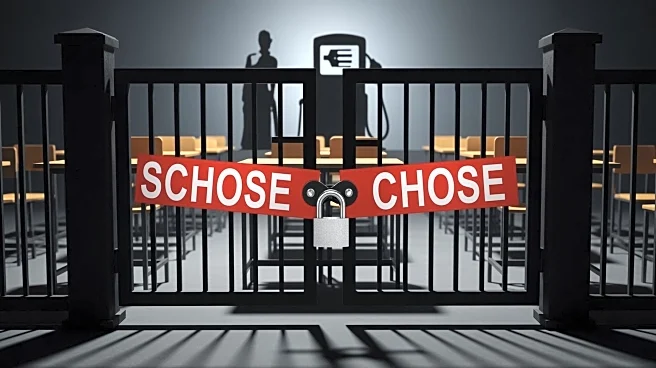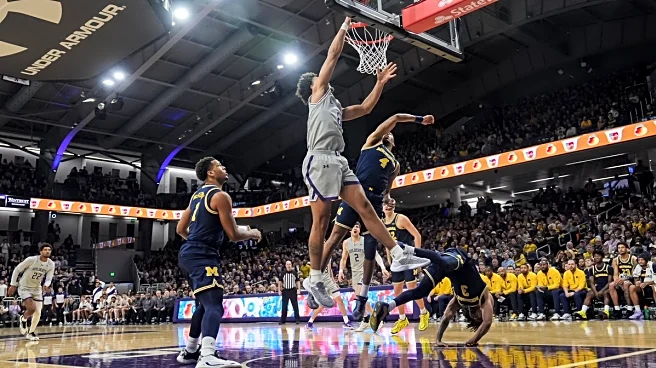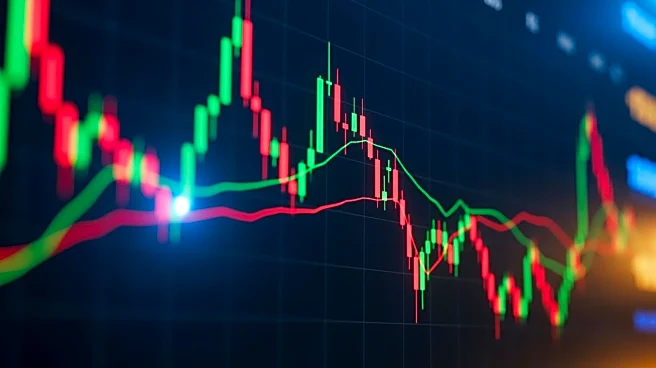What's Happening?
Mali is experiencing a severe fuel shortage due to a blockade imposed by militants affiliated with al-Qaeda. This blockade has led to the suspension of schools and universities across the country until
November 9, as announced by Education Minister Amadou Sy Savane. The blockade has disrupted fuel imports, which are crucial for the landlocked nation, as they are transported by road from neighboring countries like Senegal and Ivory Coast. The fuel crisis has resulted in long queues at petrol stations and a significant reduction in traffic in the capital, Bamako. The U.S. Embassy in Bamako has also announced the departure of non-essential diplomatic staff due to the worsening situation.
Why It's Important?
The fuel crisis in Mali highlights the broader security challenges faced by the country, which is governed by a military junta led by Gen Assimi Goïta. The junta came to power in 2021, promising to address the security issues stemming from a separatist rebellion and subsequent Islamist insurgency. The ongoing fuel shortage not only affects daily life and education but also poses a risk to the overall security situation, as noted by the U.S. Embassy. The crisis underscores the fragile state of governance and security in Mali, with potential implications for regional stability in West Africa.
What's Next?
The Malian government is under pressure to resolve the fuel crisis and restore normalcy. Efforts to negotiate with neighboring countries for fuel supplies or to secure alternative routes may be necessary. The international community, including regional organizations and foreign governments, may also play a role in addressing the security and humanitarian challenges posed by the blockade. The situation remains fluid, with potential for further escalation if the blockade continues.











